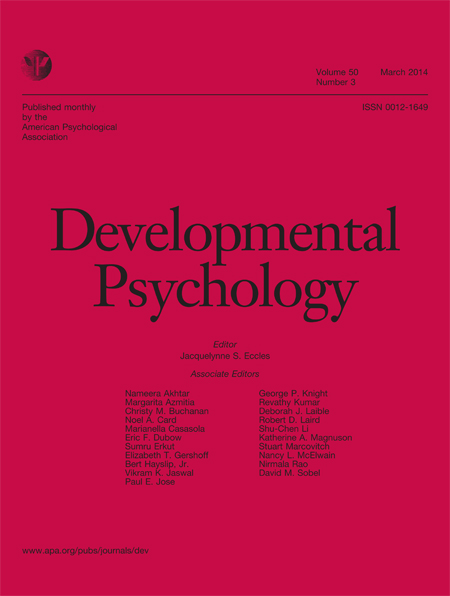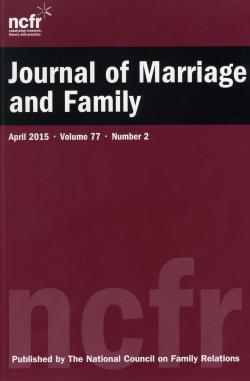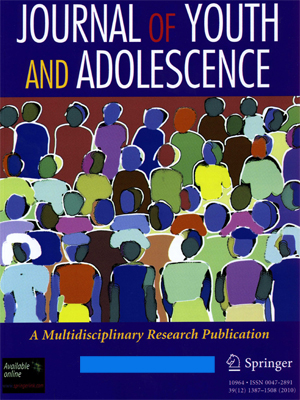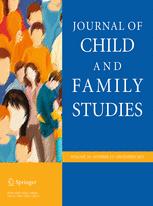The following highlight the exciting research being conducted by faculty and students in the Department of Human Development and Family Sciences at the University of Texas at Austin.
 |
Benner, A.D. & Wang, Y. (2015). Adolescent substance use: The role of demographic marginalization and socioemotional distress. Developmental Psychology, 51, 1086-1097. Adolescents who were racially/ethnically marginalized at school (i.e., who had less than 15% same-ethnicity peers) reported poorer school attachment, which was linked to more depressive symptoms; more depressive symptoms, in turn, were associated with higher levels of subsequent marijuana and alcohol use. Findings suggest that the influence of school demographics extends beyond the academic domain into the health and well-being of young people. |
 |
Fingerman, K. L., Kim, K., Davis, E. M., Furstenberg, F. F., Jr., Birditt, K. S., & Zarit, S. H. (2015). “I’ll give you the world”: Parental socioeconomic background and assistance to young adult children. Journal of Marriage and Family, 77, 844-865. doi: 10.1111/jomf.12204 This study examined socioeconomic differences in the support that parents provide to their young adult children. Parents with higher income provided more emotional and material support to the average child in their family, but lower income parents provided more total support across all their children (except total financial support). Lower income families may face a double jeopardy; each grown child receives less support on average, but parents exert greater efforts providing more total support to all their children.
|
 |
Kim, S. Y., Wang, Y., Shen, Y., & Hou, Y. (2015). Stability and change in adjustment profiles among Chinese American adolescents: The role of parenting. Journal of Youth and Adolescence, 44, 1735-1751. doi:10.1007/s10964-015-0303-3 Adolescents with supportive parents were more likely to stay well-adjusted, and those with "tiger" parents were more likely to stay in the paradox group over time. The present study focused on the critical role of parenting in early adolescence, highlighting variations in Chinese American adolescents' adjustment in multiple domains over time.
|
 |
Kim, S. Y., Wang, Y., Chen, Q., Shen, Y., & Hou, Y. (2015). Parent-child acculturation profiles as predictors of Chinese American adolescents’ academic trajectories. Journal of Youth and Adolescence, 44, 1263-1274. doi:10.1007/s10964-014-0131-x. Chinese and American profiles may be disadvantageous for certain aspects of academic performance, and bicultural adolescents and/or adolescents with bicultural parents are best positioned to achieve across multiple domains. In terms of the role of parent–child acculturation dissonance on academic trajectories, the current study highlighted the importance of distinguishing among different types of dissonance.
|
 |
Murphy, S. E., Jacobvitz, D. B., & Hazen, N. L. (2015). What’s so bad about competitive coparenting? Family-level predictors of children’s externalizing symptoms. Journal of Child and Family Studies, DOI 10.1007/s10826-015-0321-5 Competitive coparenting, defined as parents undermining the other in the presence of the child or jockeying for control of the child, when the target child was 24 months was associated with children’s externalizing symptoms at age 7, even after controlling for negative affectivity and family conflict. Results suggest that competitive coparenting, which puts children in situations in which they must choose which parent to obey or affiliate with, may be particularly problematic for children's social-emotional development. |









